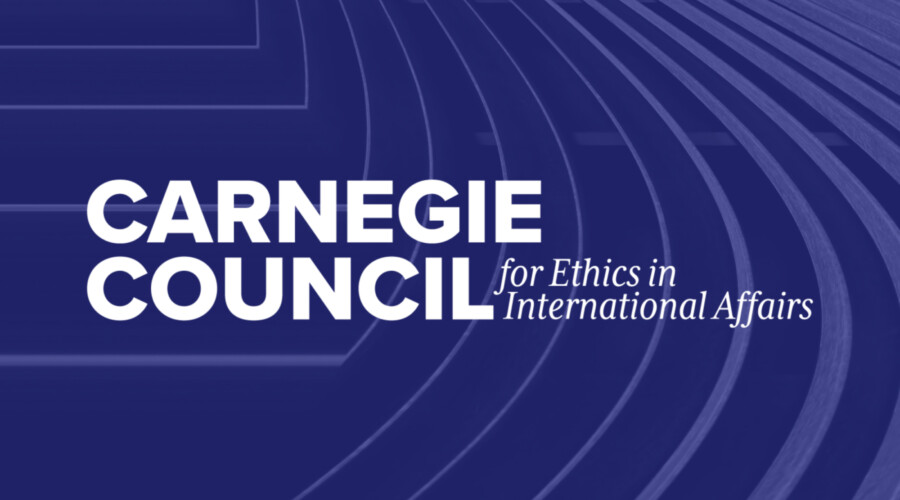This article was first published on the Ethics & International Affairs blog on April 18, 2018.
This past March, I had the opportunity to dialogue with a second group of people interested in global affairs and U.S. policy, this time gathered under the auspices of the Quail Ridge Country Club in Boynton Beach, Florida. I posed the same questions that were asked of the Newport Circle of Scholars, There were some continuities with the first dialogue, and one theme that appears to repeat itself (and did so again in informal sideline conversations at the Naval War College’s Global Hot Spots symposium in San Francisco) is concern that the United States appears unable to conceptualize its interests in a way that allows for specific policies to be evaluated via a cost-benefit analysis. I do believe that while the Iraq War had much more direct, sudden, and overwhelming impact on the American sense of confidence about being able to shape global events, it is the steady tempo of the Afghan conflict and the seeming inability, 17 years later, to reach an acceptable end-state, that is doing more to negatively impact the confidence of the American voter in the efficacy of the country’s national security establishment.
We keep returning to an observation that U.S. foreign policy remains muddled and to some extent disconnected from the aspirations of citizens across the country because we lack a compelling narrative about the importance and need for American global engagement. It echoes a point that was repeated at the first meeting of the Bridging the Divide meetings on U.S. policy towards Russia–that America cannot develop a coherent approach towards Russia until it has figured out what it wants and what costs it is willing to pay.
Many of the points raised by the Newport group were echoed by the Florida conclave, but there were two points raised that I want to highlight:
The first was the question of gender and policymaking: would a continuing shift in the gender makeup of the Congress and of key positions in the executive branch have an impact on policy? This follows on work done in the security studies field that suggests "there is a relationship between the security of women and the security of states" and that the greater inclusion of women's perspectives has an impact on how foreign and security policy interests are conceptualized.
The second was the connection between national service (not necessarily narrowly defined as military service) and involvement and interest in national affairs. In other words, a period of national service helps to reinforce a common American identity, breaks down barriers between Americans by promoting a mingling of classes, regions, and ethnicities, and produces more informed citizens who will be more motivated to vote and take an interest in policy matters.



